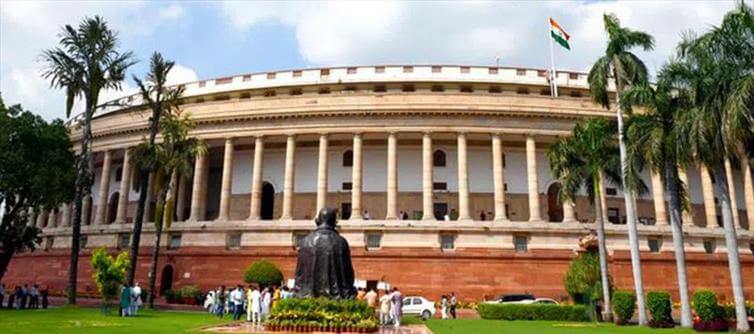
The privileged committee consists of 15 MPs. Its members are nominated by the Speaker. The formation of
this committee is determined on the basis of the number of seats of the political party in the Parliament.
If any matter is sent to the committee, it will submit the report to the Speaker. After which the Speaker can
give final orders on the basis of the committee's report or he can present this report before the house and give
appropriate instructions. In such cases, whenever any action is prescribed against a member, the Speaker
usually avoids taking unilateral action and asks the house to take a decision. While talking to ABP News,
Member of Privileges Committee in lok sabha and Trinamool mp kalyan Banerjee says - Only the Speaker
decides which matter will come to the committee and which will not. According to kalyan Banerjee, after
receiving the letter from the Speaker, the Chairman of the Privileges Committee calls a meeting and it is
discussed.
Presently sunil Kumar Singh, bjp mp from Chatra, is the chairman of this committee. bjp has 9 members in
the committee. Apart from this, there is one member each from Congress, Trinamool, BJD, Shiv Sena, YSR
Congress and DMK.
What are parliamentary privileges?
In India, privileges are given to special people. Like members of lok sabha and rajya sabha and law makers.
Article 105 of the Constitution says that MPs will have freedom of speech in parliament so that there is no
obstruction in the functioning of Parliament. On the other hand, no FIR can be filed against Ramesh Bidhuri or
any court action can be taken against him.




 click and follow Indiaherald WhatsApp channel
click and follow Indiaherald WhatsApp channel